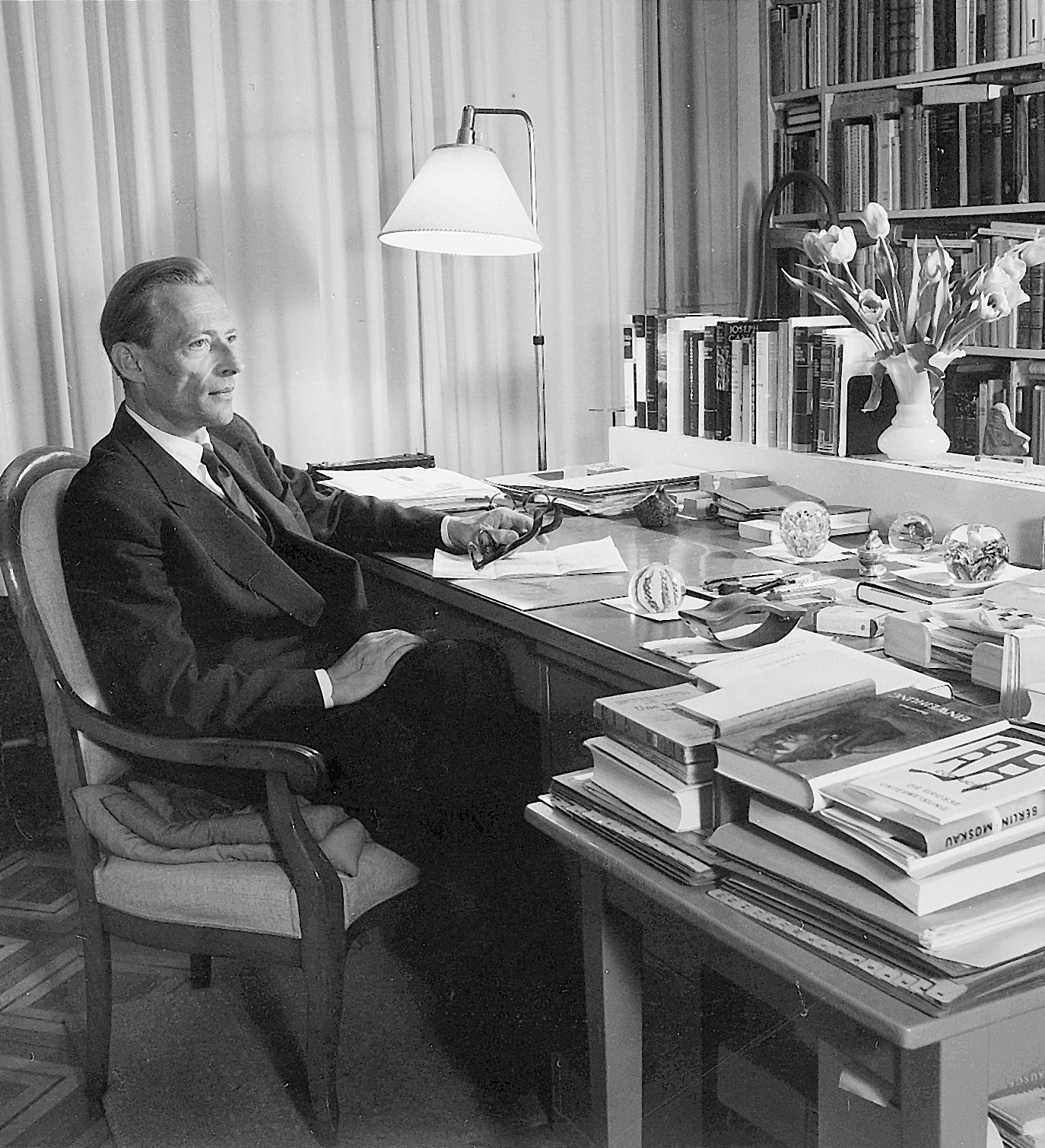New Course - Seeing Through the World: Jean Gebser and Integral Consciousness
My annual course offering begins February 23. Registration is open.
Dear readers,
I hope you are all staying warm this season. I’m writing to you from my desk as a northeastern storm blows in, bringing with it a blast of frigid air. The chickens are tucked into their coop with fresh hay and what I hope will be sufficient insulation (I’m told that chickens are, to my surprise, very winter-hardy creatures).
There are many irons in the fire this winter, between wrapping up the last pieces of the manuscript, editing another one (authored by the brilliant Michael Garfield of Humans in the Loop), and starting the next semester of PhD work.
In the midst of all this, I am very pleased to announce the launch of my annual Gebser course:
“Seeing Through the World: Jean Gebser and Integral Consciousness.”
Over the past five years or so, the many iterations of this course have helped me to refine what I hope has become a coherent and accessible introduction to Jean Gebser, as well as his magnum opus, The Ever-Present Origin (1949).
The course shares the same title as my book, “Seeing Through the World,” and
…offers a seven-week delve into the spiritual philosophy of Jean Gebser. Reading the work as a prescient treatise on the spiritual crisis of our modern era, this course traces a path from the chaos of worldview transition to the dim—and yet ever-present—future whose seeds are assuredly present.
We need to stay with the trouble, as Donna Haraway famously describes, but what is needed is a ‘new strength of spirit.’ The capacity to both perceive and enact a different sort of future in the present.
What lies beyond the present-day experience of estrangement and alienation from our world is a new mode of participation: the “world without opposite.”
This course explores what it would mean to perceive and live in such a world. It is an exploration of the past as equally as it is an inquiry about the future. One could argue that the whole of the course revolves around a question of metamorphosis. As I suggest and as Gebser emphasizes in his own writing,
What is needed are ‘senseful’ tools that hone our perception.
Starting on February 23, the class will consist of seven lessons. These are recorded live on Sundays, with an optional office hours offered the following day.
Lesson I - Beyond the Technoculture: How Jean Gebser’s Philosophy Helps us Imagine a World Beyond the Meta-crisis
Lesson II - Gebser’s Kulturphilosophie: The Method and Art of Poetic History
Lesson III - Mutations (From the Archaic to the Integral)
Lesson IV - Mutations II (Interrelationships and Unfoldment)
Lesson V - Our History is a Metamorphosis
Lesson VI - Seeing Through: Diaphaneity, or Perceiving Wholeness
Lesson VII - Epilogue: A Star Shapes us From Tomorrow
The lessons are designed to be engaging and lively. Reading will be optional—a way to enrich the materials explored rather than be an assignment. Each lesson is also intended to be something like the romantic literary fragment (or, the rhizome): lessons can stand alone, and yet in doing so, they always stand in relation with a networked whole.
Last year, filmmaker Katie Teague interviewed me for the “In the Making” docu-series. We discussed the import of Jean Gebser as a wayfinder in our time of worldview crisis.
Revisiting these inquiries today, it’s helpful to consider the ways in which Gebser’s philosophy offers us ‘senseful’ tools for future wayfinding: I have found it especially relevant lately to contemplate agency in a time of technocratic inundation. Technoculture reduces the human being to algorithm and consciousness to language models.
More than ever, we need to contemplate how the world we make is intimately linked with our innermost assumptions, our foundational modes of relating—between subject and object, human and more than human. In a word, our “structures of consciousness.”
Gebser saw how “retracting” the projections of consciousness, seeing through our cultural environment’s many exteriorizations to their underlying presumptions, is what loosens their hold on us, affords us more agency.
What we need are practices that reclaim our agency from technocultural overwhelm, reclaim time and the present from modernist dreams of progress, and remind us of the fundamental freedom we have to make and unmake the many worlds we bring forth.
This course is an introduction to the philosophical and spiritual import of Jean Gebser, but it is ultimately an exploration of these themes, and their ongoing relevance for us today.
Registration is open now. Student discount and hardship rates are available—no one will be turned away.
I hope to see you in class.
Jeremy




